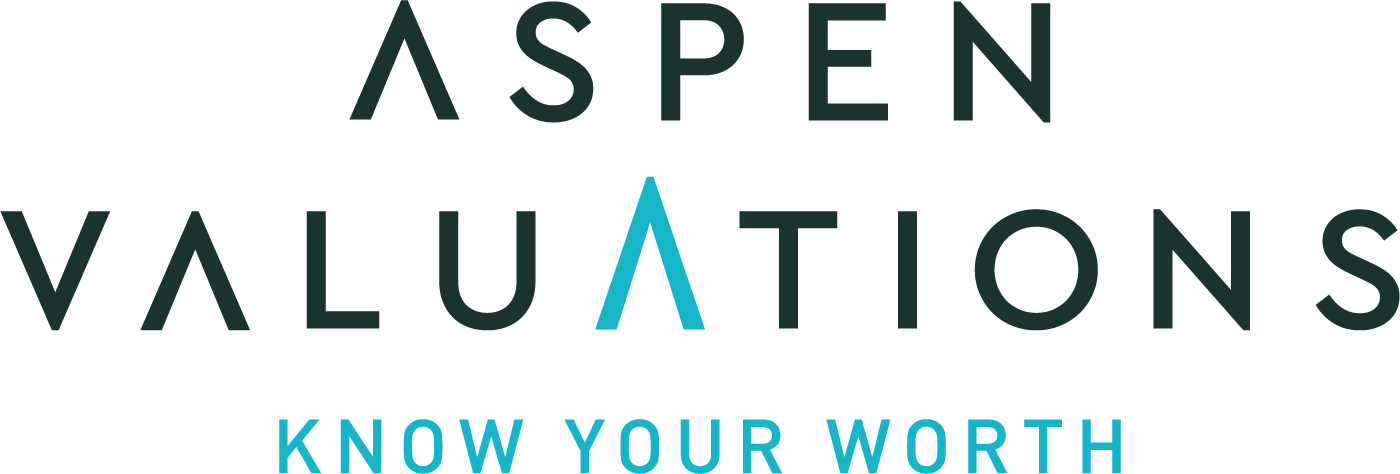Valuing a business during the COVID-19 pandemic
2.5 min read.
For the majority of businesses, COVID-19 has changed the ways they operate profoundly and in some cases, these changes are permanent. As a result, this changes the way business appraisers value these companies.
Valuation date
The decision upon which valuation date should be adopted becomes more important than ever. The underlying concept of business valuation is that value is determined at a point in time. To determine the value of a company at a valuation date, a business valuator can only consider information and facts that were known or would have been foreseen at the valuation date. In the past few months of the COVID-19 pandemic, a series of events and developments have happened. For example, in late December 2019, the news of the coronavirus outbreak in China emerged. In January 2020, the first cases of COVID-19 were confirmed in the U.S. On January 30, 2020, the World Health Organization declared COVID-19 a global health emergency. On March 12, 2020, duped “Black Thursday”, stock markets worldwide recorded the biggest single-day crash since 1987. Subsequently, lockdowns were ordered in many major cities and countries around the world.
Accordingly, if the valuation date is December 31, 2019, the impact of COVID-19 that we are seeing and experiencing now, could not have been foreseen. That means the value of a company as at December 31, 2019 will likely be very different than its value as of June 30, 2020.
Valuation methodologies and cash flows
The quality of cash flow projections is utmost important in valuing businesses during these unprecedented times. Discounted Cash Flow (DCF) has become the preferred methodology. Scenarios of cash flows must be carefully examined. Probability of scenarios would be weighted to take into account events such as a second wave or the availability of a vaccine.
Cash flow projections not only take into consideration the drop (or growth) in sales but also factors such as government subsidies and increases in costs due to changes in operations or required PPEs, etc.

Value multiples
Several factors related to COVID-19 have impacted the determination of valuation multiples. The equity risk premium has increased by 0.5% to 1.50% post COVID-19 based on various sources and valuation organizations. This metric is a component of valuation multiple calculations. The increase in the equity risk premium indicates that the required rate of return is now higher to compensate for the risk of investing in the stock market over a risk-free investment. This factor alone reduces the multiple to be applied in valuing a company.
Other factors that impact the cost of equity and debt should also be examined carefully. Is the industry resilient? How is the subject business coping with the new environment? Access to liquidity, flexibility, innovation and strong management personnel play a key role in this exercise.
How can we help?
We are well equipped to assist business owners and boards of directors to assess the value of businesses for a wide range of purposes including purchase and sale, shareholder buy-out / buy-in, matrimonial settlement, ESOPs, tax and estate planning. Our valuation reports take into consideration the current economic situations and the unique opportunities and risks faced by your business.
Book a free consultation or get a quick fee quote online.
